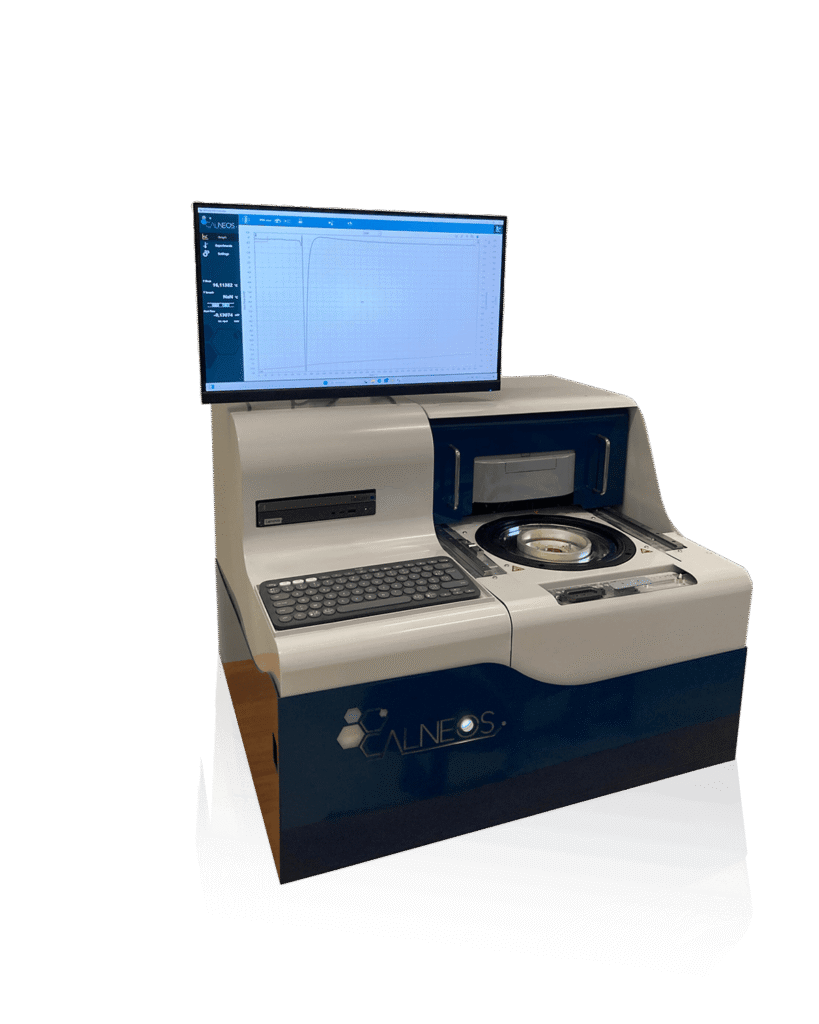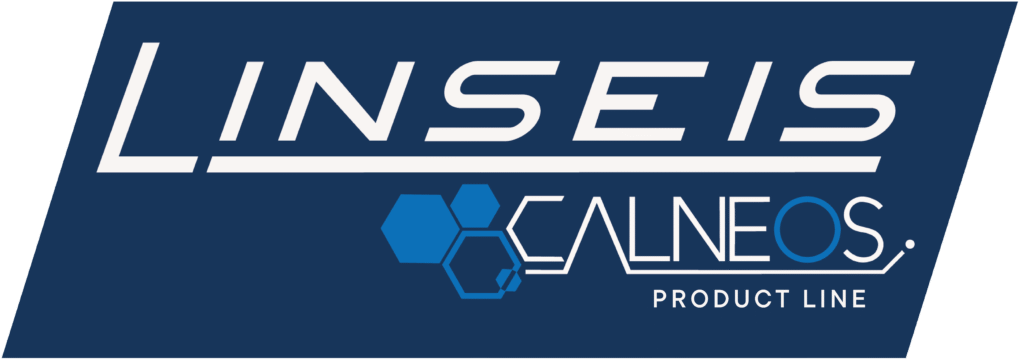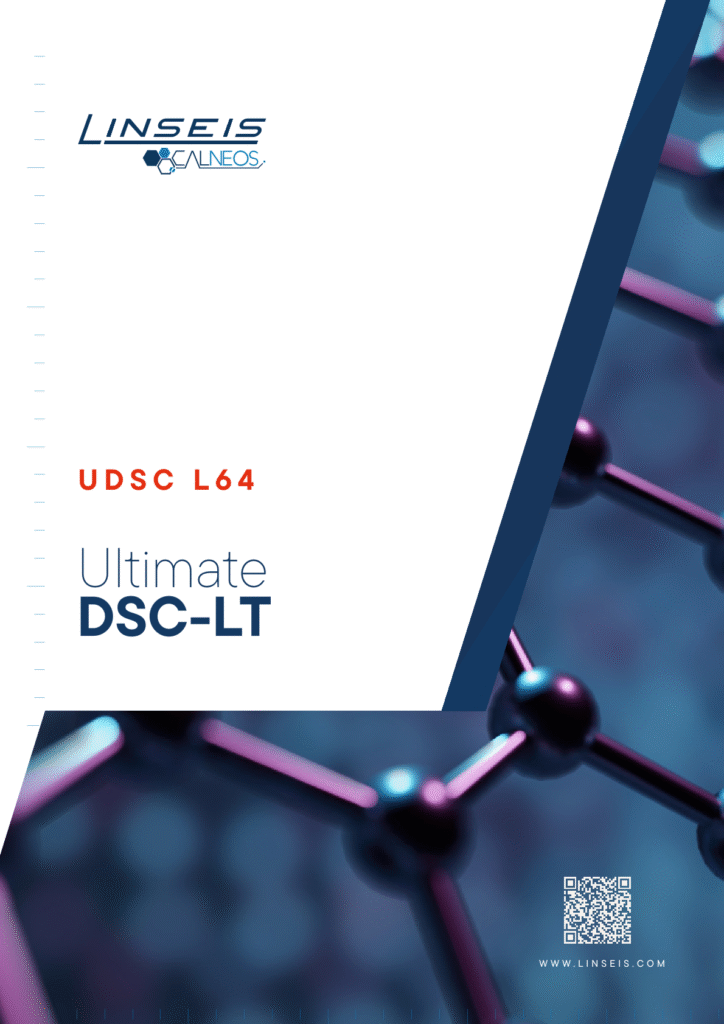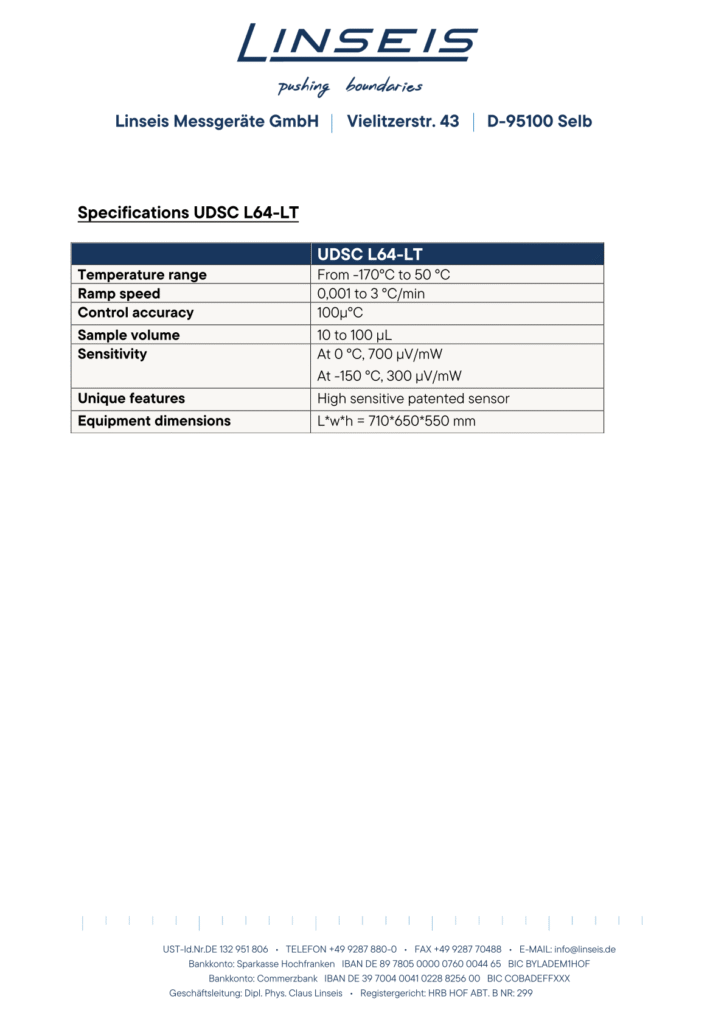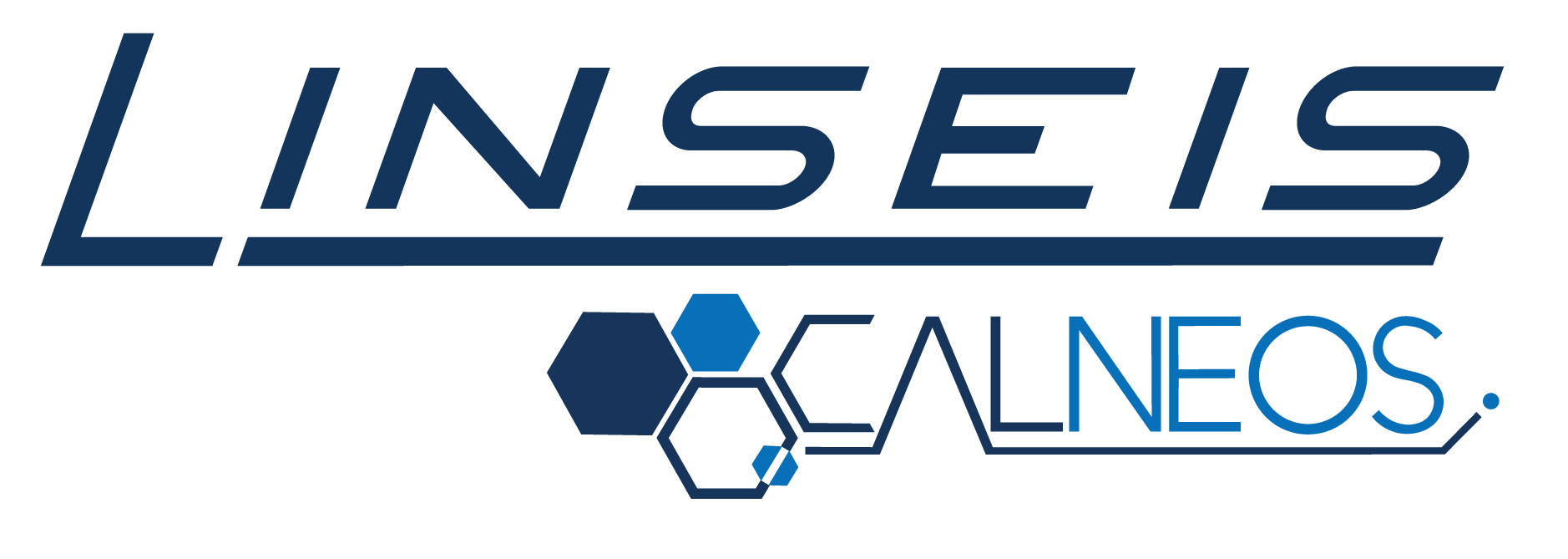
UDSC L64-LT – Low-Temperature Option
The UDSC L64-LT extends the capabilities of the standard UDSC L64 with an exclusive low-temperature option. Featuring a state-of-the-art cooling system, it enables measurements starting at –170 °C without the use of liquid nitrogen.
This advanced design provides exceptional stability and precision even under extreme thermal conditions, making it ideal for applications such as cryogenic studies, polymer characterization, glass transition analysis, and low-temperature phase transitions.
By combining the proven sensitivity of the L64 sensor technology with this powerful cooling performance, the UDSC L64-LT sets a new benchmark for ultra-low-temperature differential scanning calorimetry—offering researchers a flexible, maintenance-free, and highly reliable solution for demanding scientific investigations.
Unique Features

- Ultra-sensitive sensor technology
At the core of the DSC L64-LT lies an innovative, patented sensor architecture, developed together with one of the world’s leading DSC research institutes. This advanced design ensures exceptional sensitivity, allowing precise detection of even the most subtle thermal effects — such as protein unfolding or minor phase transitions — with outstanding accuracy and repeatability. - Minimal sample volume – just 5 to 100 μL
The DSC L64-LT operates with remarkably small sample quantities, perfectly suited for experiments with rare or valuable materials like purified biomolecules or specialized compounds. This not only minimizes material consumption but also shortens preparation times significantly. - Maintenance-free operation – sealed, extractable cells
Thanks to its innovative cell concept, the system utilizes hermetically sealed, easily exchangeable crucibles. This design prevents contamination of the measurement chamber and completely removes the need for manual cleaning, ensuring consistent performance and maximum convenience.
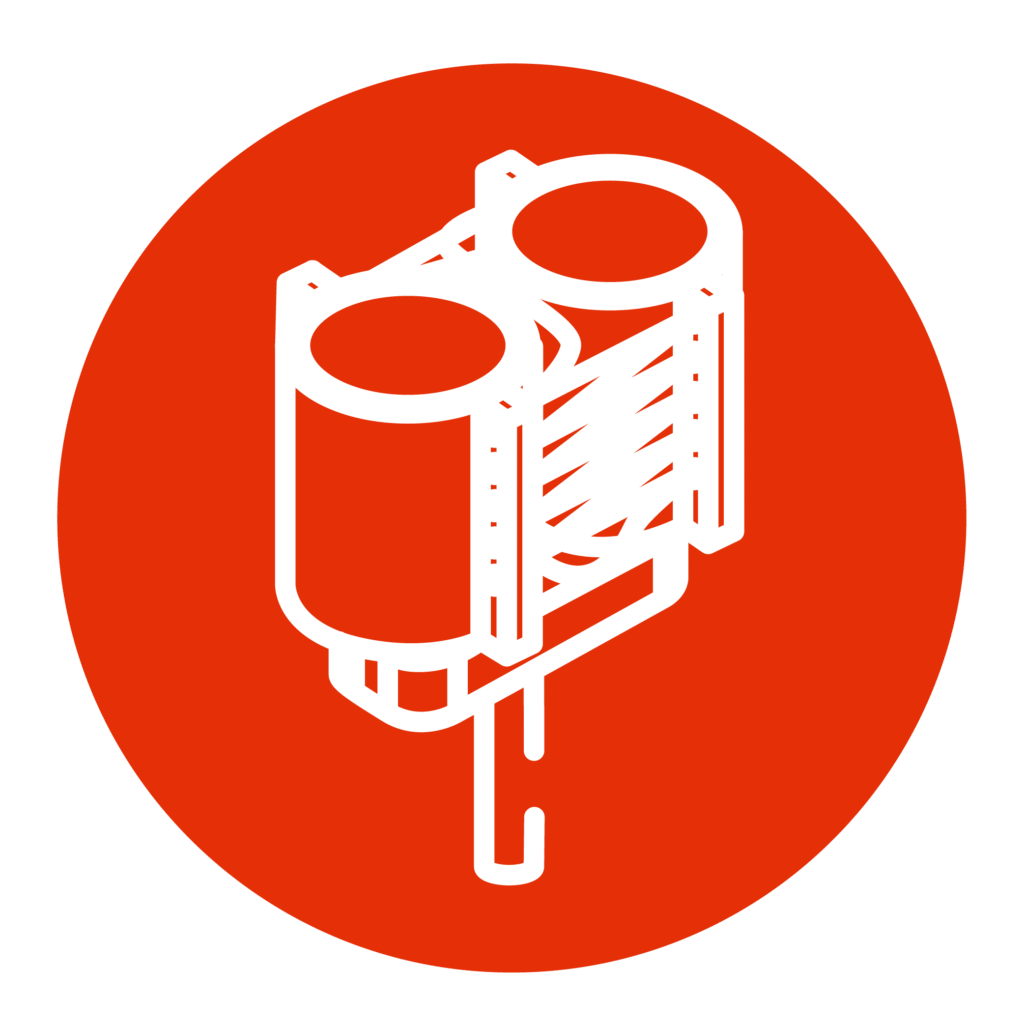
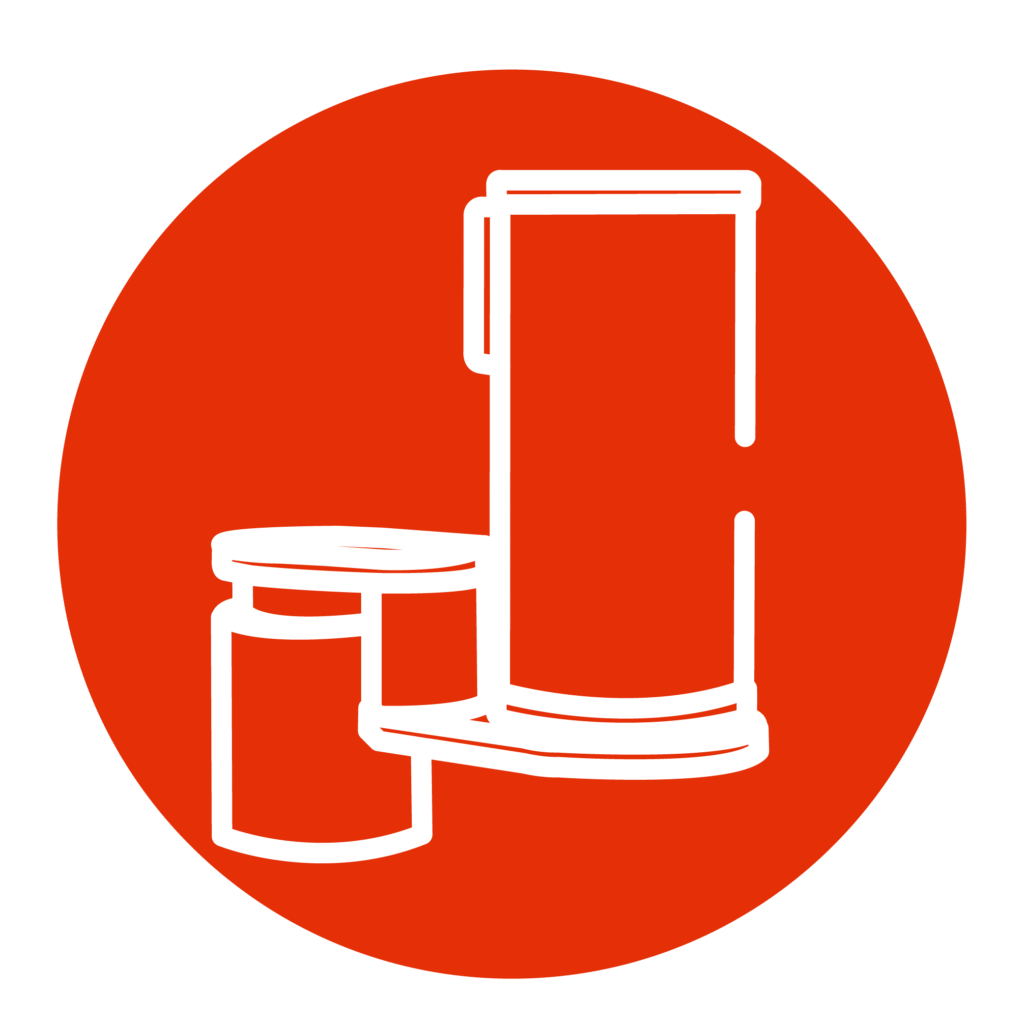
Precise temperature control from –170 °C to +50 °C
The DSC L64-LT is designed for ultra-low-temperature applications, offering reliable measurements down to –170 °C and up to +50 °C. Its innovative Stirling cryocooler replaces conventional liquid nitrogen cooling, enabling isothermal and dynamic measurements without time constraints. This unique technology ensures outstanding thermal stability and precision — even under extreme sub-ambient conditions — while simplifying operation and eliminating the need for cryogenic maintenance.Flexible heating and cooling rates
The system supports temperature ramps from 0.001 °C/min to 3 °C/min, providing full control over thermal conditions for highly sensitive analyses. This makes the DSC L64-LT ideal for the study of glass transitions, solid–solid phase transitions, and other phenomena where accurate low-temperature regulation is essential.
Versatile application for liquids, gels and solids
Whether you’re analyzing aqueous solutions, biological gels or solid-state materials, the DSC L64-LT handles a wide variety of sample types, making it highly flexible for diverse research and quality control needs.
Automation-ready design
With its simplified setup and standardized procedures, the DSC L64-LT is easily integrated into automated lab environments. This increases reproducibility and efficiency, especially in routine measurements or high-throughput screening.
Tailored for protein stability analysis
The device is specifically suited for the study of protein unfolding and stability, delivering accurate measurements of denaturation temperatures and enthalpies. This makes it a valuable tool in drug development, formulation studies and biophysical characterization.
Highlights
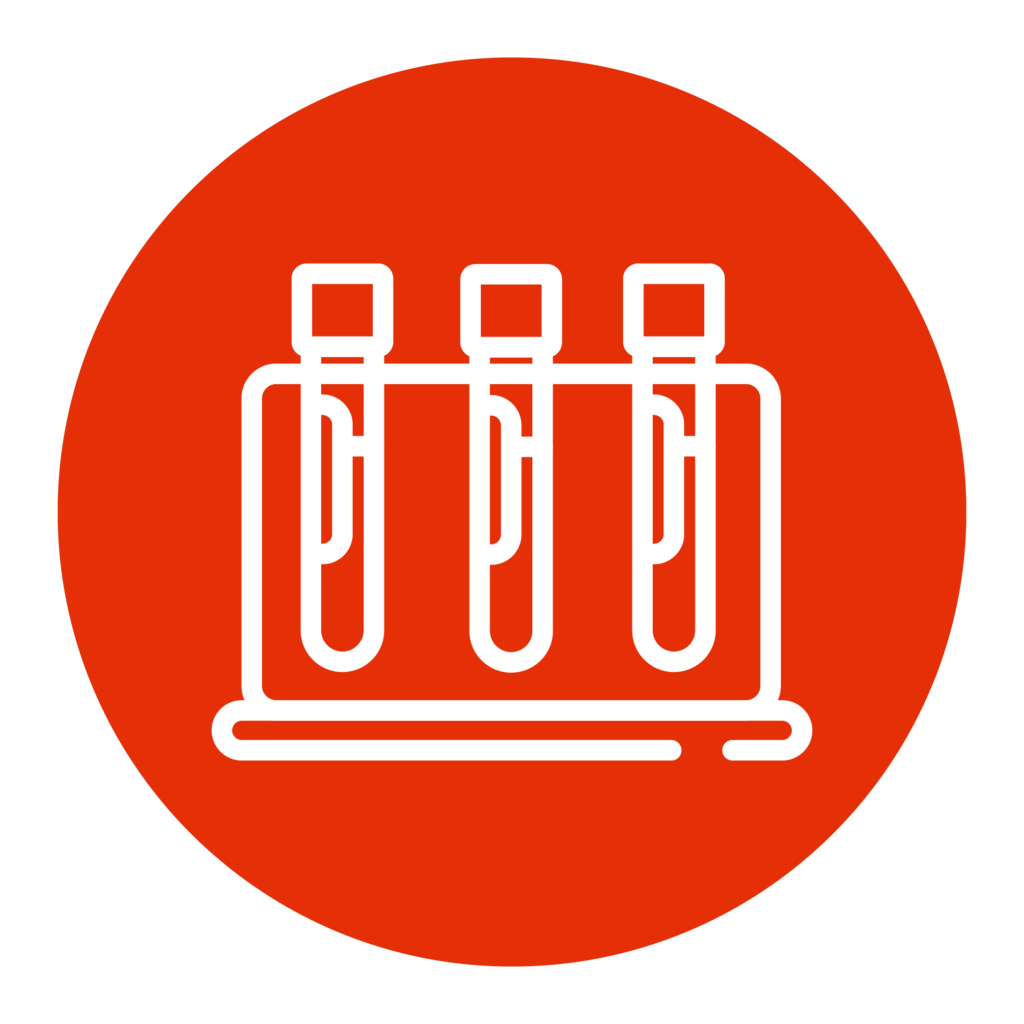
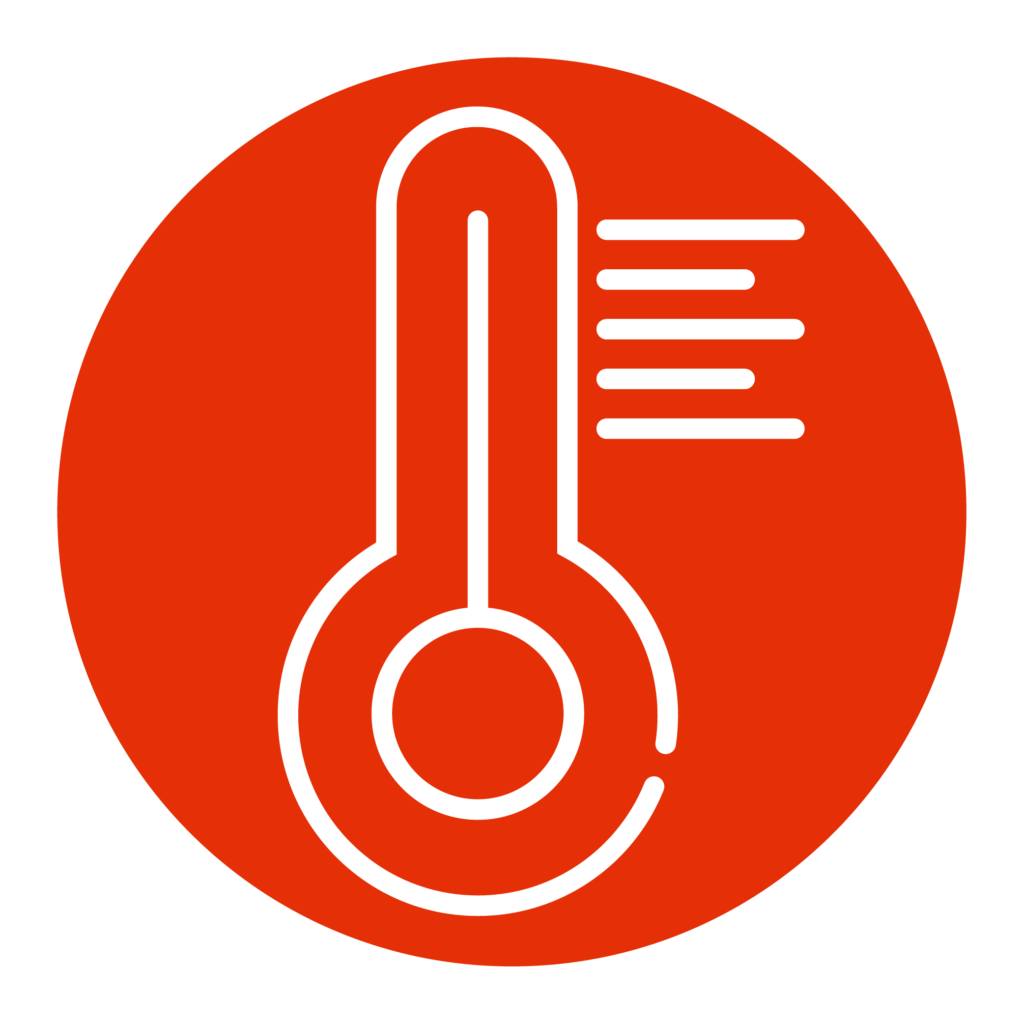

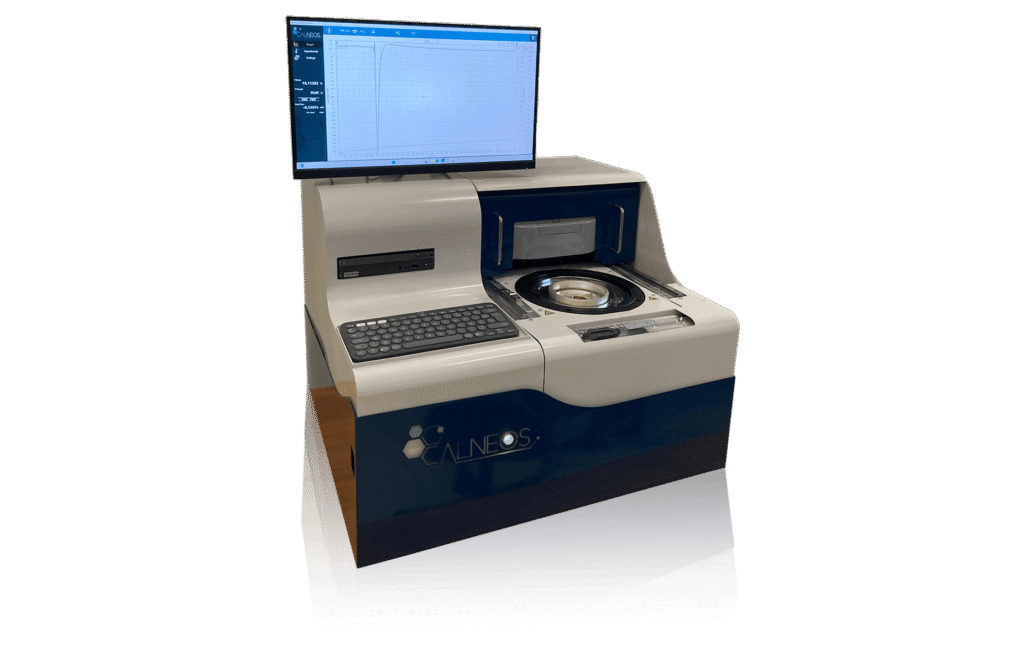
Ultra-sensitive patented sensor
Minimal sample volume required
No cleaning procedure necessary
Broad application range
Wide temperature range
Ideal for protein research
Questions? We're just a call away!
+01 (609) 223 2070
+49 (0) 9287/880 0
Our service is available Monday to
Thursday from 8 am to 4 pm
and Friday from 8 am to 12 pm.
We are here for you!
Specifications
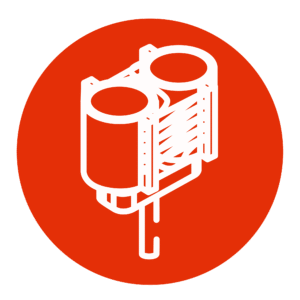
Sample volume: 10 to 100 μL

Temperature range: -170°C to 50°C

Scan rate: 0.001 – 3 °C/min
Discover the advanced capabilities of the DSC L64-LT – engineered for ultra-low-temperature precision and stability:
Temperature regulation accuracy: up to 100 µ°C
Integrated Stirling cryocooler: no liquid nitrogen required
Supports isothermal and dynamic measurements
Compatible with autosampler for high-throughput analysis
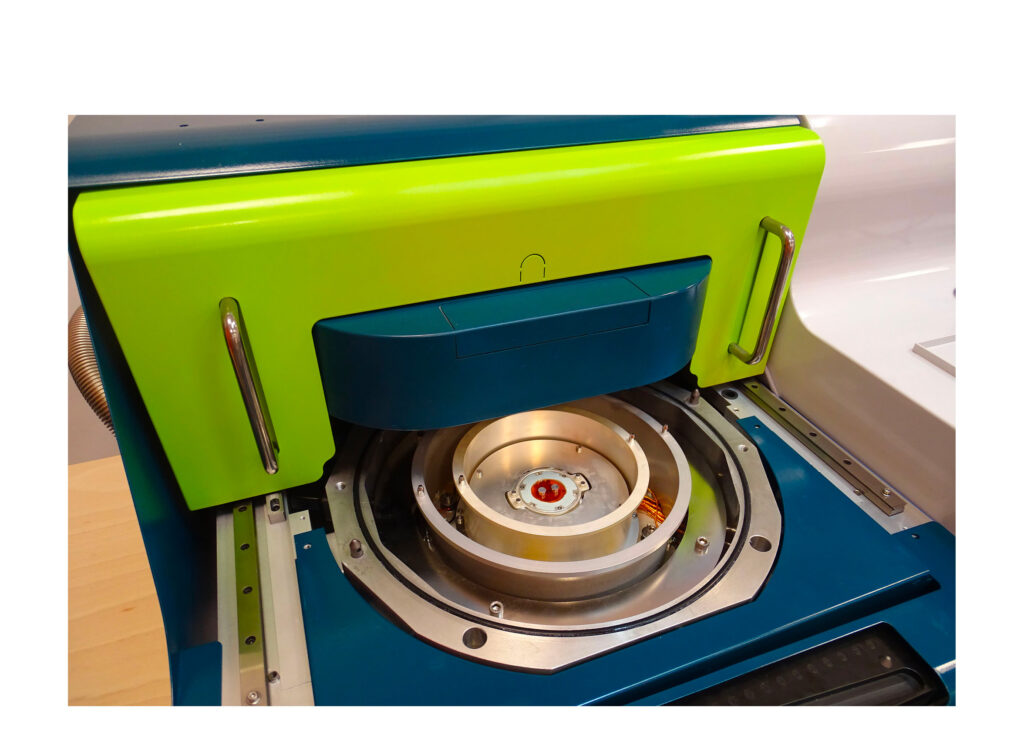
Operating Principle UDSC L64 LT - Stirling Cryocooler
To reach temperatures of -170°C without consuming liquid nitrogen, the Ultimate DSC-LT uses a Stirling cryocooler device. This type of device uses mechanical oscillation to produce sufficient cold power to cool the Ultimate DSC-LT temperature control system.
The Ultimate DSC-LT is cooled down to -170°C without LN2.
The Stirling cryocooler device delivers cooling power to a cooling plate specifically designed to cool the oven volume of the Ultimate DSC-LT. Thanks to this device, the Ultimate DSC-LT can regulate the temperature from -170°C without any time constraints (it can work both in isothermal or in ramp mode).
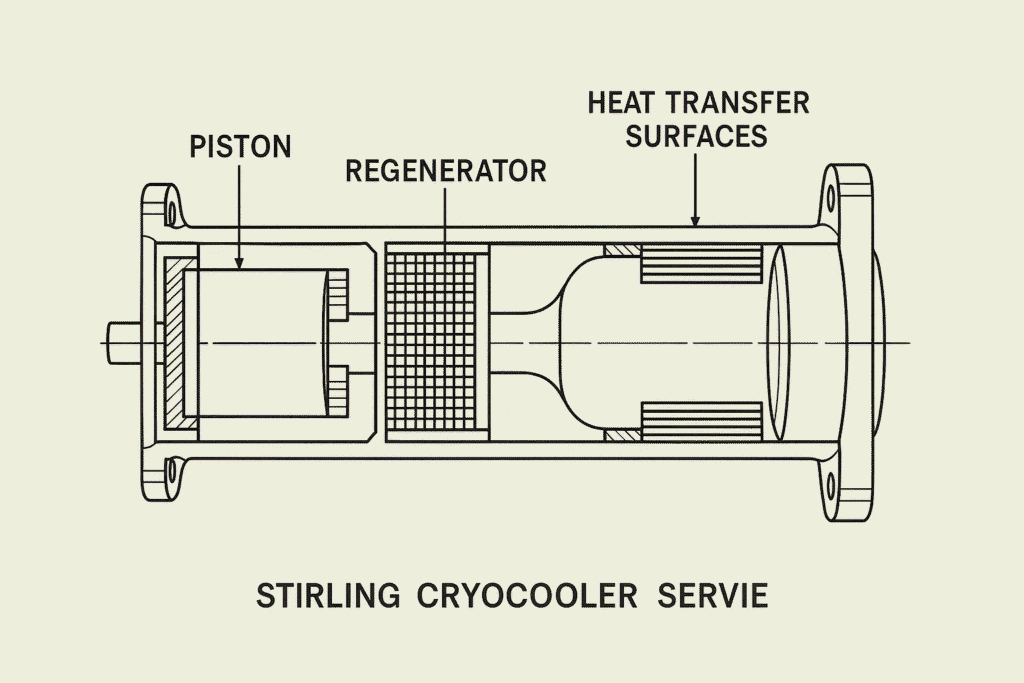
Software
Making values visible and comparable
The software greatly enhances your workflow as the intuitive data handling only requires minimum parameter input. AutoEval offers a valuable
guidance for the user when evaluating standard processes such as
melting and crystallization points. The optional thermal library product
identification tool, provides a database permitting an automatic identification tool for your tested polymer. Instrument control and/or surveillance through mobile devices gives you control wherever you are.

- Software packages are compatible with latest Windows operating system
- All specific measuring parameters (User, Lab, Sample, Company, etc.)
- Optional password and user levels
- Undo and redo function for all steps
- Infinite heating, cooling or dwell time segments
- Multiple language versions such as English, German, French, Spanish, Chinese, Japanese, Russian, etc. (user selectable)
- The evaluation software offers a wide range of functions for the comprehensive analysis of all data types
- Complete evaluation history (all steps can be undone)
- Data acquisition and evaluation can be performed simultaneously
- Data can be corrected using zero correction
- Data evaluation includes: software signal correction and smoothing, first and second derivative, curve arithmetic, data peak evaluation, glass point evaluation, zoom, multiple curve overlay, annotation, copy to clipboard function, multiple export features for graphic and data export, automatic gas control
Application
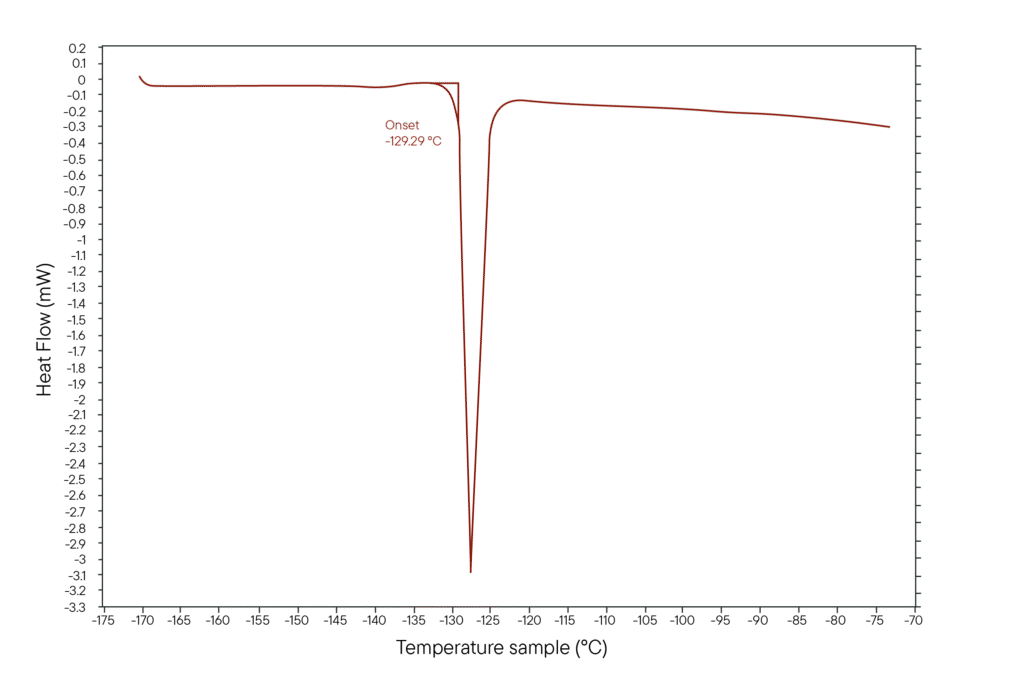
Application example: Melting of Methylcyclohexane
The Ultimate DSC-LT offers revolutionary performance for materials characterisation.
In many materials characterisation applications, reaching sub-ambient temperatures is essential, particularly for :
Determining glass transitions in amorphous materials.
The analysis of solid-solid phase transitions, particularly popular in pharmaceutical applications.
These studies often require restrictive cooling systems, with an almost systematic dependence on liquid nitrogen to go below -90°C, a limit imposed by the cooling units of conventional DSCs.
With its innovative cooling system, the UDSC-LT is revolutionizing the field by overcoming this limit and completely eliminating the need for liquid nitrogen. Give your research unprecedented precision and simplicity.
Well informed
